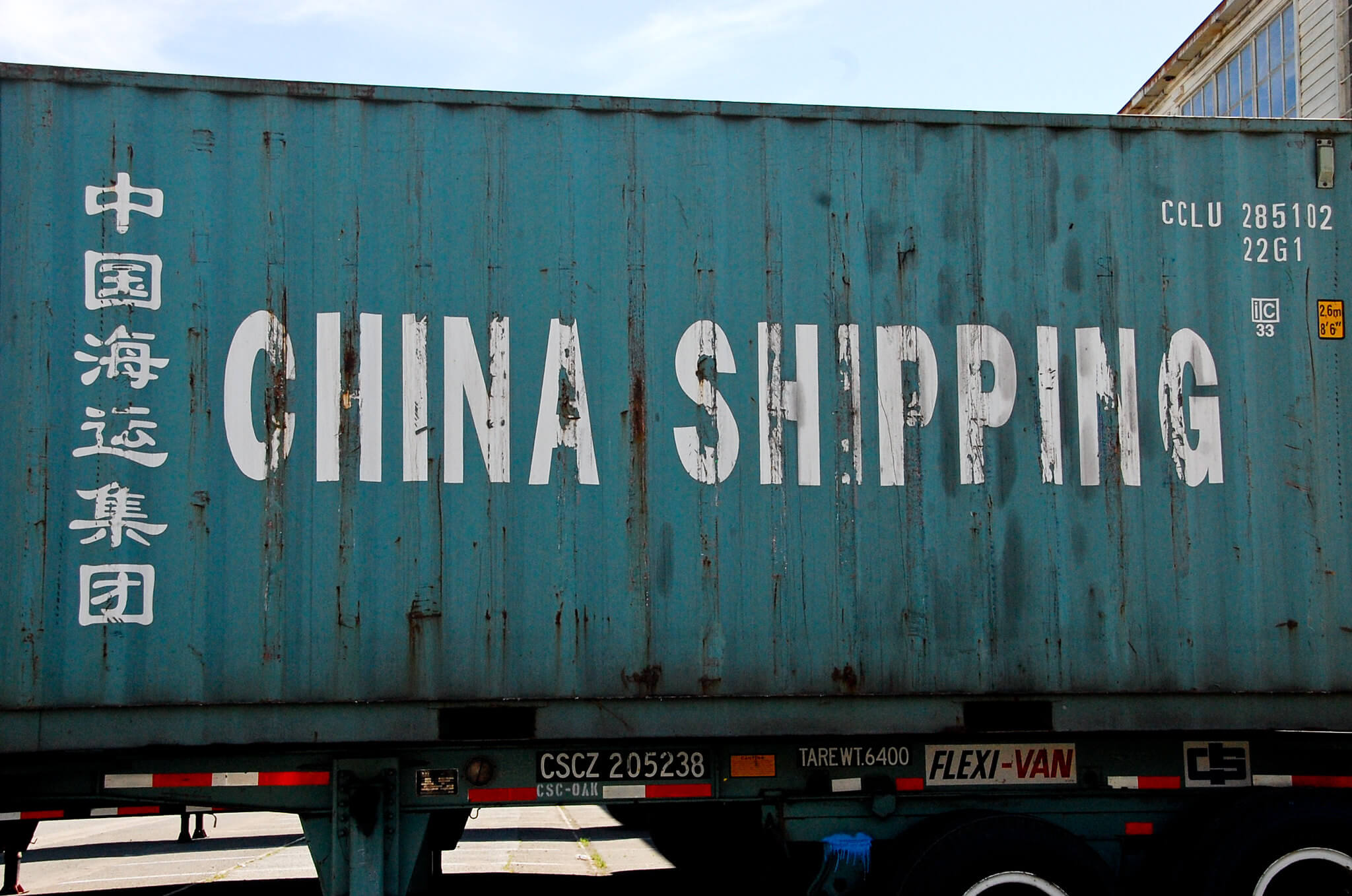In recent months, Western governments have been drumming up support to rid products made in China’s Xinjiang region from their supply chains.
Last week, Senator Leo Housakos introduced a private member’s bill in the Canadian Senate that, if passed, would ban all imports from the region.
Joining a long list of human rights groups, governments and others, Amnesty International this summer accused the Chinese government of carrying out massive, systematic abuses against two million Muslims in Xinjiang Uyghur Autonomous Region in order to “forcibly assimilate [them] into a homogenous Chinese nation possessing a unified language, culture, and unwavering loyalty to the Chinese Communist Party.”
European Commission President Ursula von der Leyen announced in September that the EU will ban forced-labour products after several German clothing companies were accused of profiting from Uyghur labour in Xinjiang.
In July, the U.S. Senate passed a bill banning all products made in Xinjiang. And this fall, Georgia Senator Jon Ossoff called for the U.S. to completely shed its reliance on Chinese supply chains to build up its solar energy capability. The global production of solar panels has been linked to forced labour in Xinjiang, where 45% of the world’s polysilicon supply (a key component in solar panels) is manufactured.
The Canadian government has been warning companies to be wary of suppliers that may be linked to China’s oppression of Uyghurs and other Turkic Muslims since earlier this year.
The Chinese government has also been accused of herding ethnic minorities into forced labour camps as part of a larger program of ethnic cleansing – allegations the country denies. Canada and many other nations prohibit the import of goods produced by forced labour, and companies linked to the repression of workers in or from Xinjiang risk their financial and reputational futures.
The authoritarian regime’s position as the world’s largest manufacturer has often left the rest of the world torn between opposing China’s human-rights abuses and jeopardizing trade relations. But Canadian business leaders can count on one political reality: failure to police your supply chain in Xinjiang could mean you’re helping to perpetuate these abuses, even unintentionally.
This isn’t just a problem for companies buying supplies from Xinjiang. Reports indicate that the government has relocated Uyghur labourers and other ethnic minorities to factories across the People’s Republic, meaning forced labour could be a component of any Chinese supply chain.
Canada is taking these issues seriously. Last fall, a parliamentary subcommittee called China’s mistreatment of Xinjiang’s Muslims “the largest mass detention of a minority community since the Holocaust.” In February, the House of Commons declared China’s actions “genocide.” While members of the federal Cabinet abstained from that vote, a month later Ottawa imposed sanctions on China for the first time since the 1989 protests in Tiananmen Square. The sanctions prohibit Canadians from dealing with named Xinjiang officials or the state-owned company that runs the region’s detention camps.
Last year, the federal government also enacted a ban on importing products made with forced labour, as part of its obligations under the United States-Mexico-Canada Agreement. The Globe and Mail reports that the Canada Border Services Agency has since blocked at least one shipment from China under the prohibition. Housakos says his bill, which would impose a blanket geographic ban on products from Xinjiang, would make it easier for officials to confiscate problematic shipments.
Researchers say forced labour often occurs at the early stages of the supply chain. The highest risk likely involves products made with cotton, although other dodgy categories include electronics, chemicals, cars, tomato products and solar panel components. In mid-November, a CBC Marketplace investigation conducted in partnership with The Guardian and the Investigative Reporting Project Italy revealed that major food brands, such as Nestlé, Del Monte and Unilever, had bought tomatoes for their products from companies in Xinjiang and processed them in intermediary countries.
A recent report by researchers at Sheffield Hallam University in England also found that more than 100 big retailers, including Lululemon, Banana Republic, Costco, H&M and others, were at high risk of having cotton from Xinjiang in their products.
How can businesses reduce their risks? “Companies should be revising their sanctions policies and procedures,” advises Toronto law firm McCarthy Tétrault. The firm warns that companies need to be aware of who is on Canada’s sanctions list and what they own. Companies are urged to take advantage of the federal Trade Commissioner Service, part of Global Affairs Canada, which can offer updated advice on due diligence and risk mitigation related to forced labour.
All importers are advised to develop their own expertise in supply-chain monitoring.







